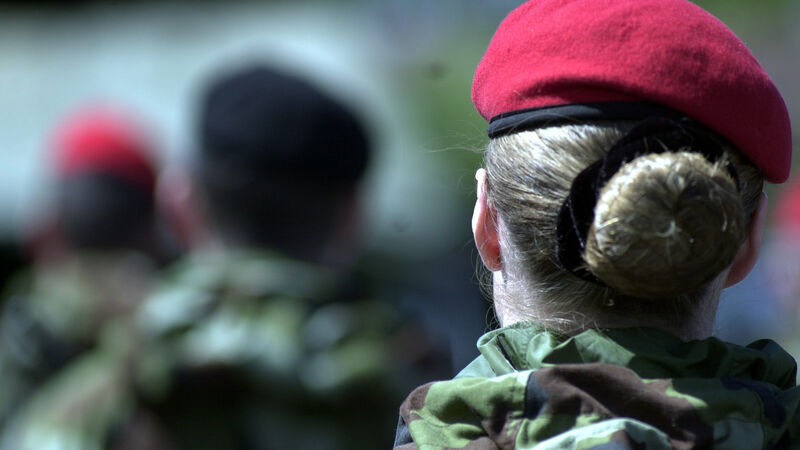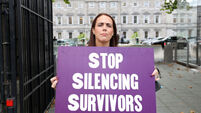Fergus Finlay: Judicial inquiry would bring honour to Defence Forces’ women

Katie Hannon’s RTÉ Radio 1 documentary ‘Women of Honour’ featured first-hand accounts by female Defence Forces members of alleged sexual assault and harassment by male colleagues and superiors.
SOMETIMES I find myself wondering what kind of a country we are at all. There are times, I think, when we are brave and noble, and times when we’re two-faced and hypocritical. I’ve listened twice now to Katie Hannon’s riveting and powerful documentary on the radio, and what it says about one of our respected institutions is frightening.
told the truth about what happens to Irish women in a particular context. Its title couldn’t have been more appropriate. It was gripping and painful. And it was modern. The women involved share their experiences with each other on a WhatsApp group. No ancient history here.















